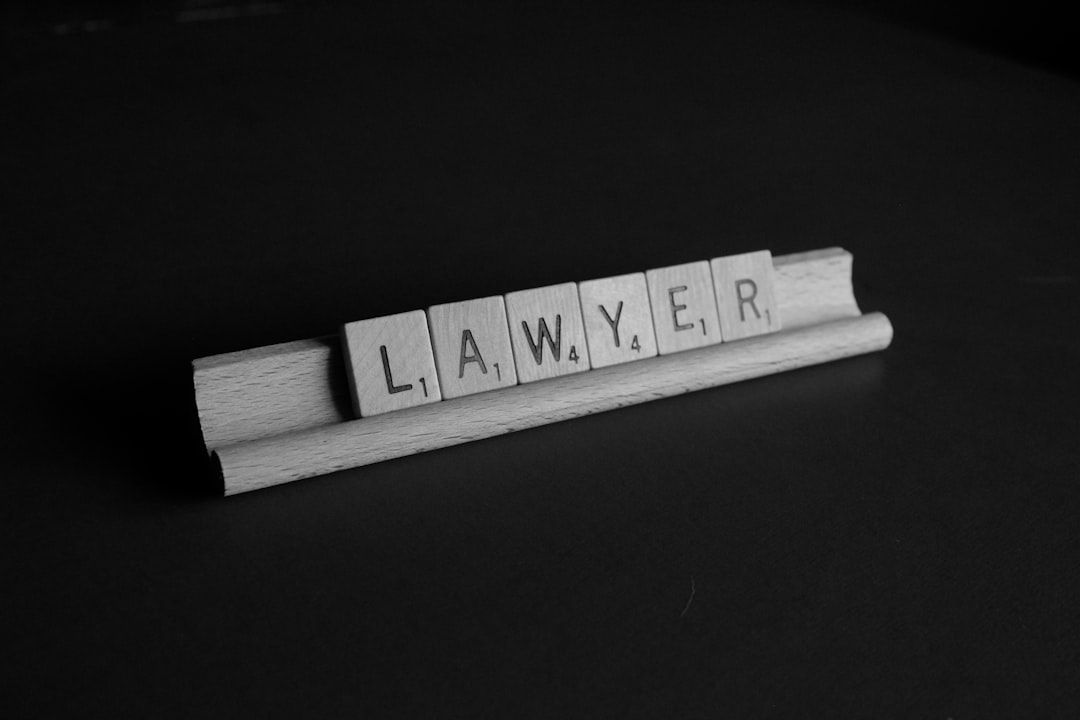In South Carolina, consumers have legal protections against abusive debt collection practices through the Fair Debt Collection Practices Act (FDCPA). A qualified debt collector Lawyer SC is crucial for understanding and enforcing these rights, which prohibit misleading, harassing, or threatening tactics. If you suspect violations, consulting a debt collector Lawyer SC can offer guidance on legal remedies and hold debt collection agencies accountable.
In South Carolina, understanding prohibited debt collector practices is crucial for consumers. This article delves into the legal protections afforded to residents, outlining specific actions that debt collectors cannot take under state law. By exploring your rights and available legal avenues with the help of a debt collector lawyer in SC, you can navigate these issues effectively. Stay informed to safeguard your financial well-being.
Understanding Prohibited Debt Collector Practices in South Carolina

In South Carolina, understanding prohibited debt collector practices is crucial for consumers looking to protect their rights. According to the Fair Debt Collection Practices Act (FDCPA), debt collectors are restricted from employing certain aggressive or harassing tactics when attempting to collect a debt. These include making false or misleading statements, using abusive language, contacting individuals at inconvenient times, and threatening legal action without intent to follow through.
A debt collector lawyer in SC can provide invaluable guidance on these restrictions, ensuring that debt collection agencies adhere to the law. Consumers who believe their rights have been violated by a debt collector should consult with an attorney specializing in this area to explore their legal options and seek appropriate remedies for any harm suffered due to prohibited debt collector practices.
Rights of Consumers: What You Should Know

In South Carolina, consumers have specific rights when it comes to debt collection practices. It’s essential for folks in this state to understand their protections under the law to avoid unfair treatment by debt collectors. According to the Fair Debt Collection Practices Act (FDCPA), debt collectors must refrain from using abusive, false, or deceptive methods when attempting to collect a debt. This includes threatening language, misrepresenting the amount owed, or attempting to collect on debts that have been properly disputed.
If you’re facing harassment or abusive tactics from a debt collector in South Carolina, it’s advisable to consult a qualified debt collector lawyer SC. Legal experts can guide you through your rights and help navigate the complexities of debt collection laws. They can also take necessary actions to stop abusive practices and protect your financial well-being.
Legal Action Against Unethical Debt Collectors in SC

In South Carolina, individuals who feel they have been subjected to unethical or illegal practices by debt collectors can take legal action. If a debt collector has violated your rights as outlined in the Fair Debt Collection Practices Act (FDCPA), you may be entitled to compensation and other remedies. A debt collector Lawyer SC can help navigate this complex area of law, providing guidance on how to file a complaint with regulatory agencies or pursue litigation against the offending party.
Unethical debt collection practices can include harassment, false representations, or using threatening language when attempting to collect a debt. These actions not only infringe upon your personal rights but are also illegal. By consulting a debt collector Lawyer SC, you gain access to legal expertise that can protect your interests and help secure justice for any harm caused by these unethical practices.






